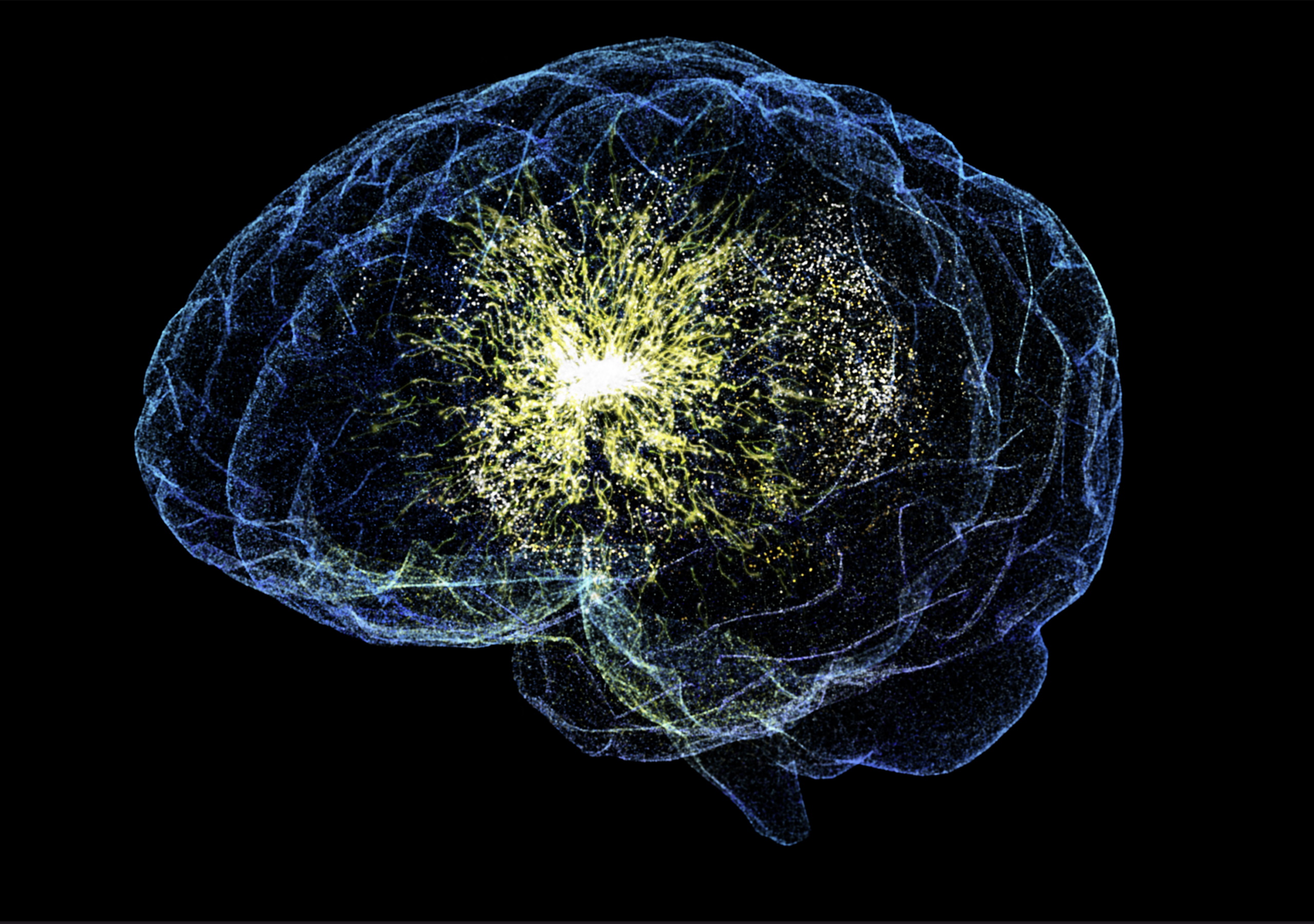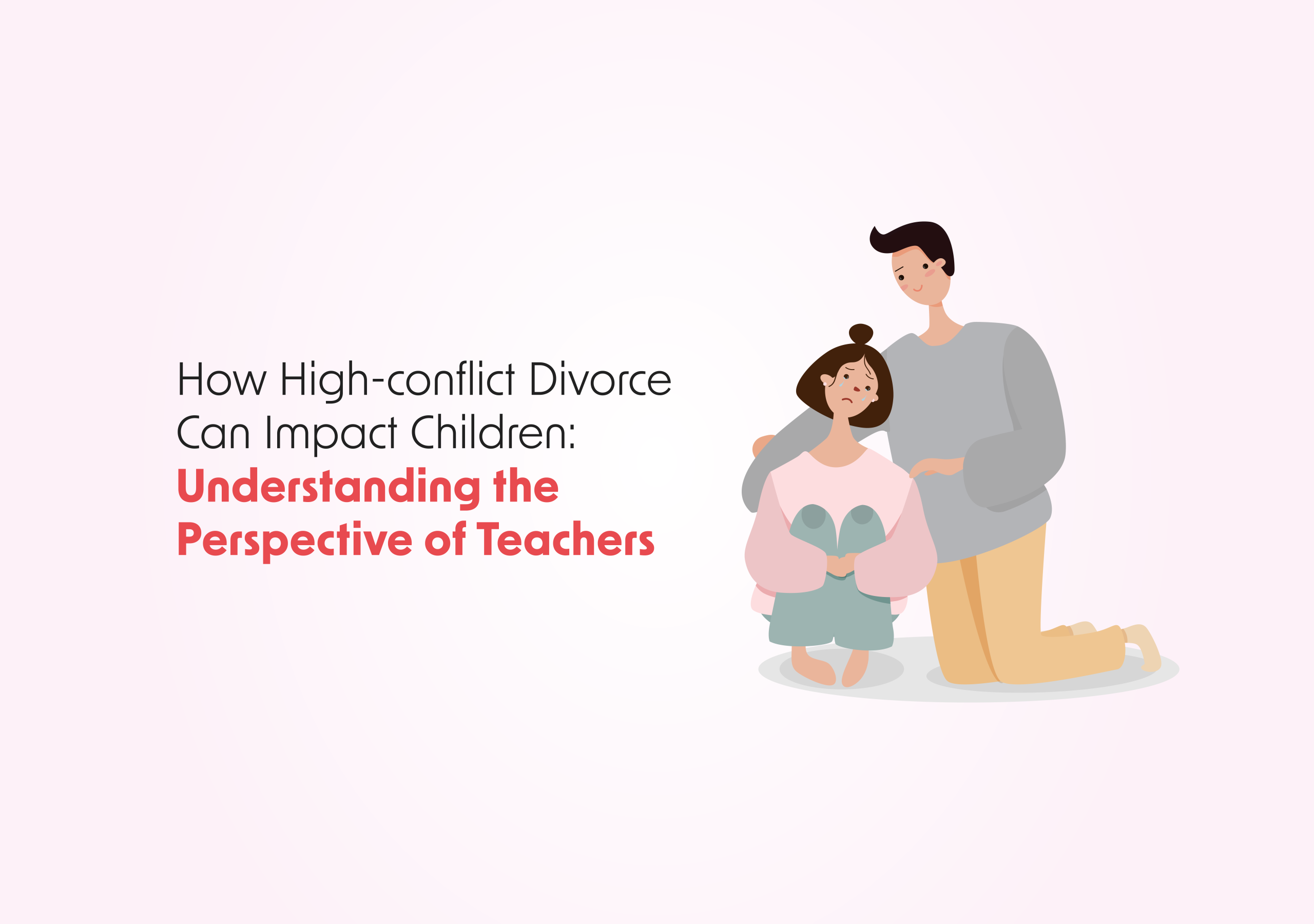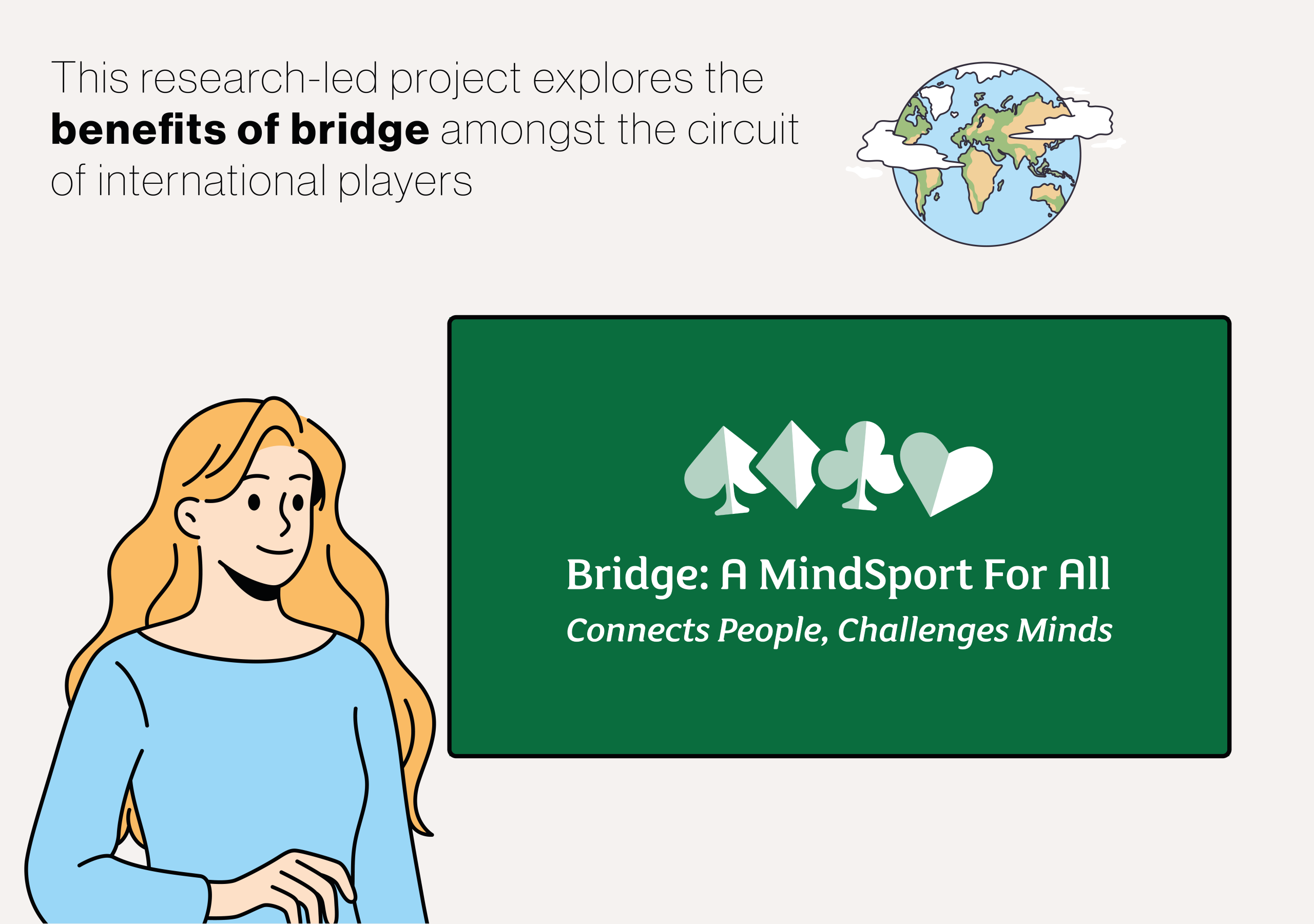Research by Professor Joanne Wood at the University of Waterloo reveals how self-esteem influences romantic relationships through a chain of psychological and behavioral effects. Their work challenges simple explanations and demonstrates how one partner’s self-worth can create ripple effects that impact both partners’ relationship satisfaction. More
People often believe and repeat the idea that you “can’t love someone else if you don’t love yourself”. But is this popular wisdom supported by science? Research examining the link between self-esteem and relationship satisfaction has produced mixed results, leading some experts to question whether self-esteem matters for relationships at all.
Now, a comprehensive review by Professor Joanne Wood at the University of Waterloo and an international team of researchers reveals that self-esteem does influence relationships – but in more complex and indirect ways than previously thought.
Self-esteem refers to a person’s overall evaluation of themselves – how much they like themselves. While researchers often describe differences between “high” and “low” self-esteem for simplicity, it’s important to note that most people – even those classified as having “low” self-esteem – still evaluate themselves positively overall, just less positively than other people evaluate themselves. This distinction is crucial because it challenges common assumptions about people with lower self-esteem actively disliking themselves. Probably only a small percentage of people consistently dislike themselves.
Traditional research looking for direct effects of self-esteem on relationship quality has found small but consistent links. Among romantic couples, partners of people with higher self-esteem tend to report greater relationship satisfaction. In longitudinal studies, several researchers found that higher self-esteem predicted higher relationship satisfaction when measured weeks to years later. Additionally, in studies examining relationship dissolution, four out of six studies found that higher self-esteem predicted a lower probability that the relationship would end. However, these direct effects tend to be relatively modest in size.
However, Professor Wood and her colleagues argue that these modest direct associations likely underestimate self-esteem’s true influence on relationships. They propose that self-esteem affects relationships through a cascade of interconnected psychological and behavioral processes that unfold over time. If there are several links in a causal chain connecting self-esteem to relationship quality, the simple association between self-esteem and relationship quality can look small, even when the causal connection is strong. Understanding these indirect effects is crucial because all predictors of relationship outcomes must ultimately exert their effects through behaviors between partners.
At the heart of this cascade is trust – the expectation that a partner will be caring and responsive to one’s needs. People with lower self-esteem tend to doubt their partner’s love and care more than those with higher self-esteem, even after many years of marriage. This difference in trust then colors how people think about and react to events in their relationship.
Research shows that those with lower self-esteem consistently underestimate how positively their romantic partners see them on specific traits and how much their partners love them. In addition, compared to those with higher trust, people with lower trust are more likely to interpret ambiguous situations negatively and to perceive rejection even when none was intended. When conflicts or rejections do occur, people with lower self-esteem tend to blame themselves more, evaluate themselves more harshly, and show stronger negative emotional and physiological responses than people with higher self-esteem. Laboratory studies have demonstrated that people with lower self-esteem exhibit greater cortisol reactivity (a stress hormone) in response to rejection.
These self-esteem differences in thoughts and feelings are accompanied by differences in behavior following conflict or rejection. In such situations, people with higher self-esteem typically respond by drawing closer to their partners, while those with lower self-esteem tend to withdraw or act destructively. Laboratory experiments have demonstrated that, compared to people with lower self-esteem, people with higher self-esteem report stronger goals to connect with their partner and greater willingness to engage in activities that promote closeness.
People with lower and higher self-esteem not only behave differently after rejection or conflict; they also differ in everyday behaviors that can promote closeness with their partners. People with lower self-esteem tend to be less open about sharing their thoughts and feelings with partners. When they do share, they often express more complaints, worry, anger, and sadness – behaviors that can push others away. They’re also more likely to seek support indirectly through behaviors like whining or trying to make their partner feel guilty, which often backfires and elicits less supportive responses. In contrast, people with higher self-esteem generally engage in more positive social behaviors, give more compliments, and express more affection.
Importantly, Professor Wood and her colleagues reviewed evidence that how one partner behaves influences how the other partner responds in return. Negative behaviors such as criticism and blame often elicit similar responses, creating cycles of negativity that erode relationship quality. Research has documented how these reciprocal patterns of negative behavior can create destructive cycles that predict declining relationship satisfaction over time. Positive behaviors can similarly create upward spirals – when one partner responds enthusiastically to the other’s good news, for instance, the other tends to reciprocate this supportive behavior. Studies have shown that such positive exchanges can enhance intimacy and relationship satisfaction for both partners.
Professor Wood and her colleagues’ review highlights why simple advice like “love yourself first” may miss the mark. Rather than self-esteem having a straightforward effect on relationships, it sets in motion a complex cascade: Lower self-esteem leads to lower trust, which promotes negative interpretations of relationship events, which triggers defensive or destructive behaviors, which elicits negative responses from partners, ultimately leading both partners to feel less satisfied with the relationship.
Understanding these dynamics could help clinicians better support couples where one or both partners struggle with self-esteem issues. Rather than focusing solely on boosting self-esteem, interventions might target specific links in this cascade – for instance, helping people recognize when their interpretations of partner behavior might be overly negative, or teaching more effective ways of seeking support.
The researchers note that more work is needed to fully understand how these processes play out in different cultural contexts and relationship situations. For example, the impact of self-esteem might vary depending on whether couples face significant external stressors or whether they come from cultures that place different values on independence versus interdependence. Research suggests that for couples with lower socioeconomic status, meeting basic needs for food and housing might take priority over addressing relationship dynamics related to self-esteem.
Additionally, Professor Wood and her colleagues note the need to better understand how partners can help buffer against the negative effects of low self-esteem. Some evidence suggests that people with low self-esteem might fare better when paired with partners who have high self-esteem, as these partners might be better equipped to respond constructively rather than reciprocating negative behaviors. Understanding these partner effects could help identify ways to strengthen relationships even when one partner struggles with self-esteem issues.
This research review demonstrates that while self-esteem does influence relationship quality, the connection is more nuanced than popular wisdom suggests. By illuminating the psychological and behavioral mechanisms linking self-esteem to relationship outcomes, this work provides a foundation for developing more effective ways to help couples build and maintain satisfying relationships, regardless of their initial levels of self-esteem.







